
How to get URL link on X (Twitter) App

https://twitter.com/Al_Peshawari/status/1970461805458628662the simplest of women who barely give them attention.
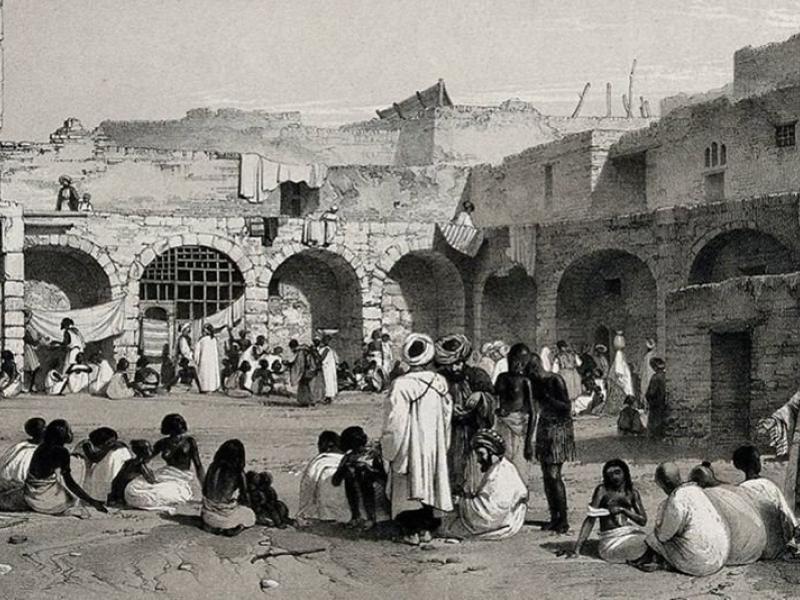
 old age comes quickly to them.
old age comes quickly to them. 
 They surround him.
They surround him.
 Indeed, in this period the statement has become widespread, and much discussion has arisen among the people regarding the issue of the service of the woman to her husband between those who say it is obligatory, and those who say it is not obligatory.
Indeed, in this period the statement has become widespread, and much discussion has arisen among the people regarding the issue of the service of the woman to her husband between those who say it is obligatory, and those who say it is not obligatory.

 Abū al-Muẓaffar al-Samʿānī
Abū al-Muẓaffar al-Samʿānī
 Refuting some of the suspicions regarding the noble Mawlid al-Nabawī
Refuting some of the suspicions regarding the noble Mawlid al-Nabawī
 As for the evidences from the Sunnah, they are many and mutually supporting, summarized as follows:
As for the evidences from the Sunnah, they are many and mutually supporting, summarized as follows:
 Previously married women and widows, because his marriage was for noble aims and lofty wisdoms, and was not driven by pleasure and desire, as the lying impostors from among the enemies of Islam say.
Previously married women and widows, because his marriage was for noble aims and lofty wisdoms, and was not driven by pleasure and desire, as the lying impostors from among the enemies of Islam say.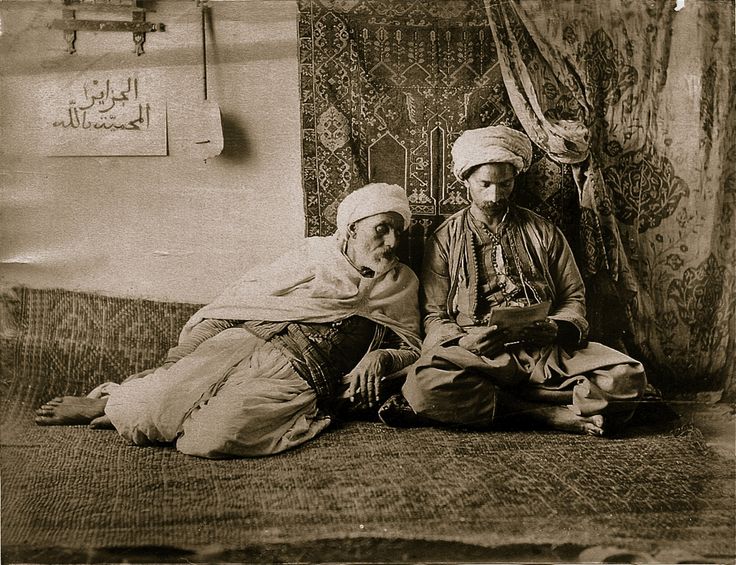
 the people in any issue, you see him demanding you for the dalīl for what you say even though both the muftī and the one seeking the fatwa are muqallid, and taqlīd as is established in the īlm al-usul is:
the people in any issue, you see him demanding you for the dalīl for what you say even though both the muftī and the one seeking the fatwa are muqallid, and taqlīd as is established in the īlm al-usul is:
 [1]: Al-Qadī, al-Mufassīr Badr al-Dīn Muḥammad Ibn Ibrāhīm Ibn Jamāʿah al-Shafiʿī (d. 733)
[1]: Al-Qadī, al-Mufassīr Badr al-Dīn Muḥammad Ibn Ibrāhīm Ibn Jamāʿah al-Shafiʿī (d. 733)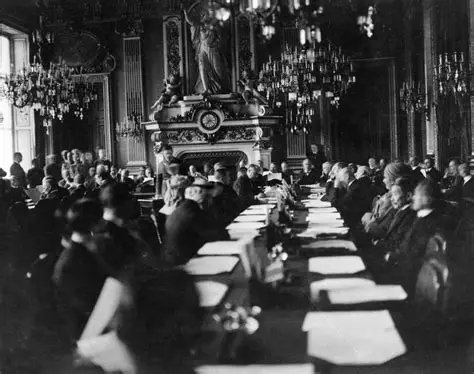
 it is only a political-military danger, but it is not a civilizational danger by which the foundations of our intellectual and human existence are exposed to disappearance and extinction.
it is only a political-military danger, but it is not a civilizational danger by which the foundations of our intellectual and human existence are exposed to disappearance and extinction.
 So he excessively persists in worship until he harms himself and his family.
So he excessively persists in worship until he harms himself and his family.
 Firstly:
Firstly: 
 others who have neglected their religious duties, having removed the Hijab of Modesty and Displayed themselves,
others who have neglected their religious duties, having removed the Hijab of Modesty and Displayed themselves, 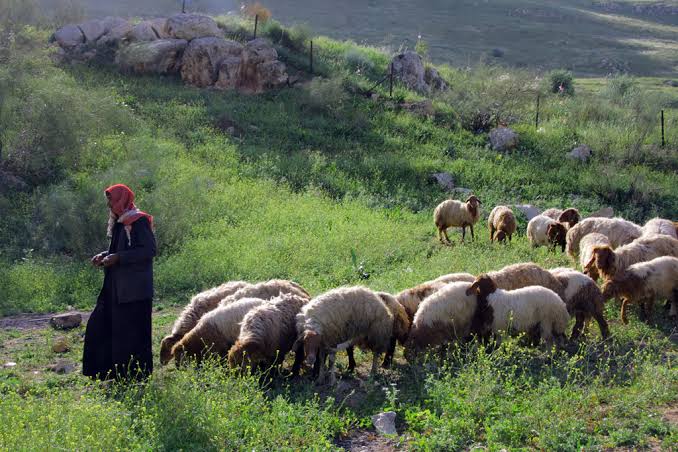
 the refined taste and precise sensitivity with which Allāh ﷻ adorned His Prophet Muhammad ﷺ.
the refined taste and precise sensitivity with which Allāh ﷻ adorned His Prophet Muhammad ﷺ.
 better than what he bought for his family and for himself,
better than what he bought for his family and for himself, 
 according to the necessity.
according to the necessity.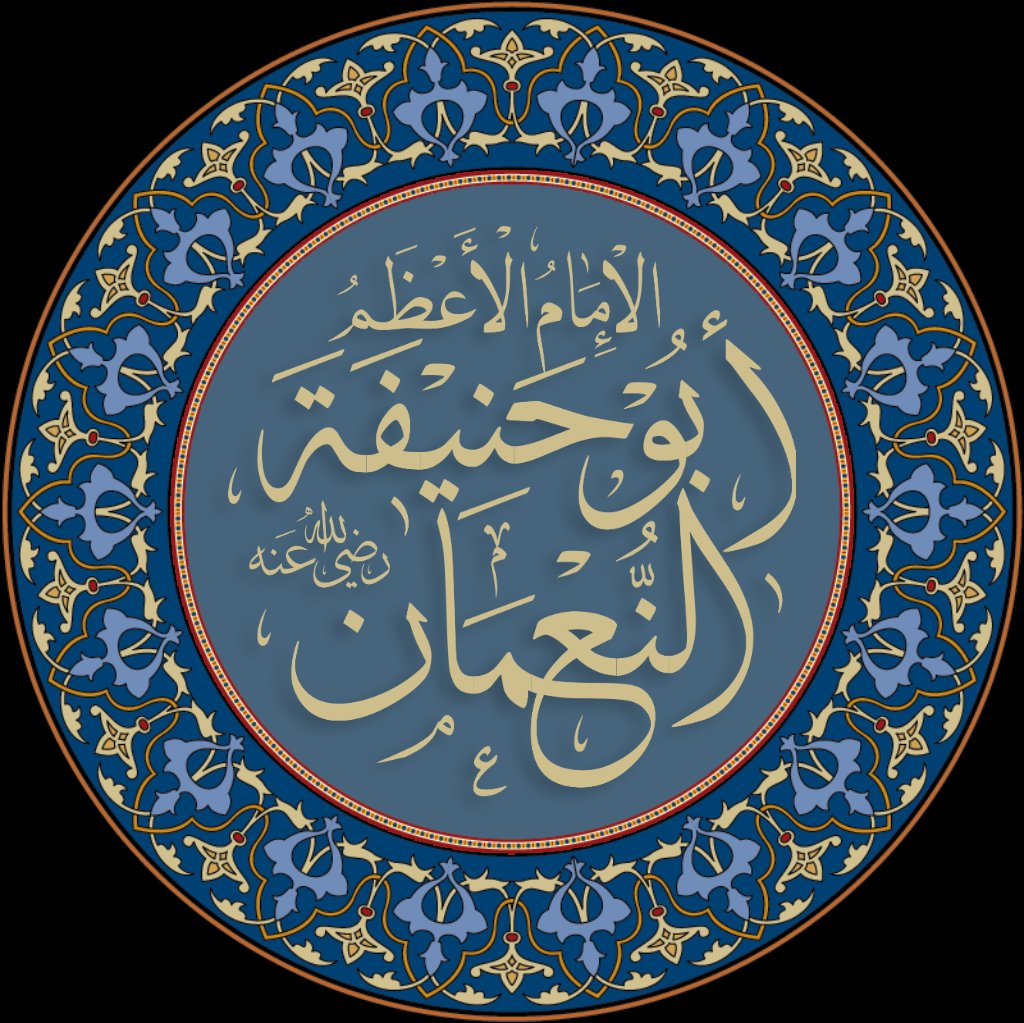
 Imam al-Hafīz Abū Abdullah al-Dhahabī (d. 748 AH / 1348 CE) authored a book on the Tabaqāt of the Huffāz, and he included in it a limited biography of the Imam and his two companions{¹},
Imam al-Hafīz Abū Abdullah al-Dhahabī (d. 748 AH / 1348 CE) authored a book on the Tabaqāt of the Huffāz, and he included in it a limited biography of the Imam and his two companions{¹},
 Wahbī Sulayman Ghawjī (d. 1434 AH / 2013 CE) said:
Wahbī Sulayman Ghawjī (d. 1434 AH / 2013 CE) said: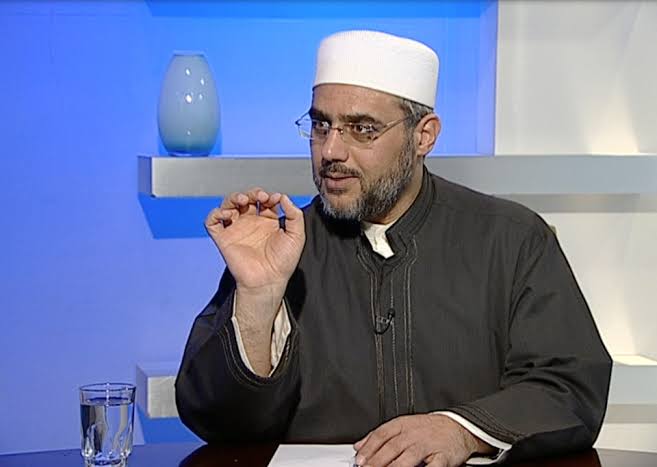
 history, the idea of Salaf and Khalaf.
history, the idea of Salaf and Khalaf. 
 Well, since the matter returns to the necessities that may call for polygamy, why did the legislator not permit, considering the necessities themselves, also the allowance of polyandry (having multiple husbands)?
Well, since the matter returns to the necessities that may call for polygamy, why did the legislator not permit, considering the necessities themselves, also the allowance of polyandry (having multiple husbands)?